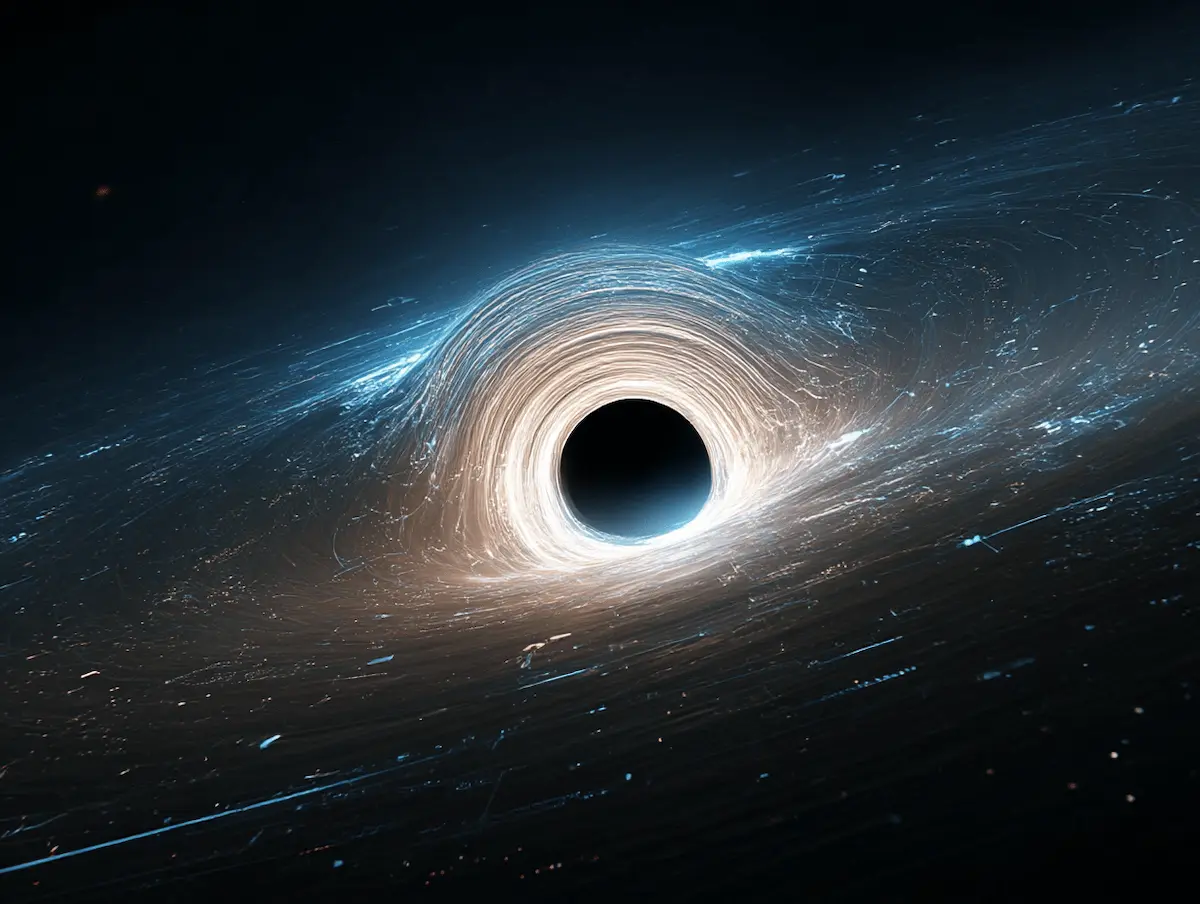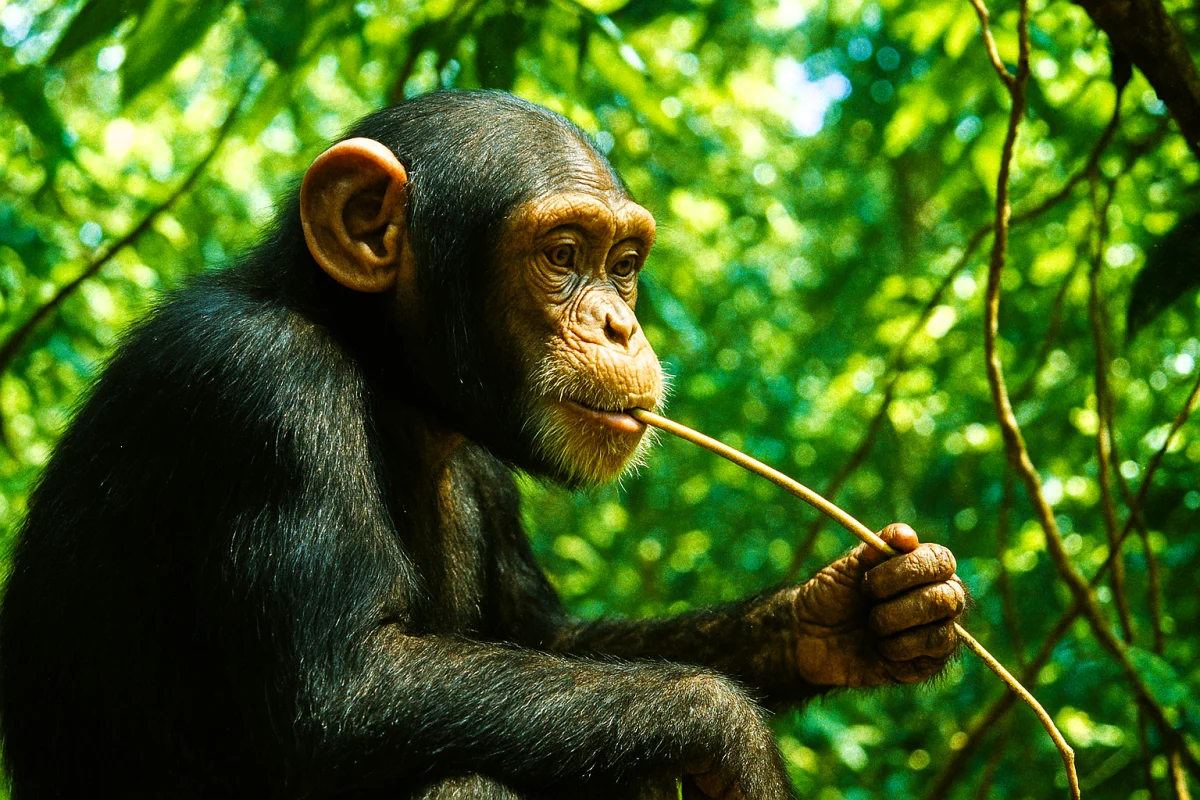Black Holes and Artificial Intelligence: Can an Algorithm Study the Singularity?
What happens in that realm where the laws of physics collapse and time loses its meaning? — This is where the singularity of a black hole begins. Yet, if this mystery has not yet been grasped by human consciousness, can artificial intelligence break through these boundaries? — Scientists are already using AI algorithms to understand how matter and information behave at the edge of this infinity.

Image: ZenoFusion • AI Studio
Singularity — The Secret That Defies Observation
At the heart of a black hole lies a place where gravity grows to infinity and the familiar laws of physics are powerless. This is called the singularity. Here, space and time merge, dissolve, vanish, and emerge all at once. But how can we define something that not even the most advanced telescope can see?
This is precisely the scene where AI steps in as the main player. No matter how sophisticated human computer simulations become — the singularity still remains hidden.
Artificial Intelligence: Creating Order from the Chaos of Data
At NASA, MIT, and Google AI labs, hundreds of scientists are building models that use neural networks to analyze accretion disk dynamics, the probabilities of Hawking radiation, and the movement of photons near the event horizon.
Artificial intelligence is already doing what is nearly impossible for humans — it learns from raw data from space observatories and detects patterns that once seemed insignificant. The algorithm studies how matter might behave at the edge of space-time curvature.
Could AI Become the Next “Kepler”?
Our history is full of examples where intelligence learned about nature through observation — Galileo, Kepler, Newton… Now, AI might become the future explorer of the singularity, tirelessly and without emotion, analyzing the edge of reality.
Yet, the main question remains: Does the algorithm truly understand what it observes? — This is still unproven. It is possible that it simply calculates without true comprehension. But in reality, this does not diminish its effectiveness.
Synthesis: Human + AI — Together at the Black Hole
Ultimately, the answer may not lie solely in the human or the AI, but in their collaboration. Human intuition and the computational speed of artificial intelligence may become the very combination that finally lets us glimpse the place in the universe where no cloud ever returns.
Science is drawing ever closer to pulling back the cosmic curtain, and the singularity may be the next frontier that AI touches first — not with an eye, but with an algorithm.
✍ Tornike, Content Strategist at ZenoFusion – June 11, 2025
✍ Article Author
- Registered: 27 April 2025, 10:30
- Location: Georgia




 Tornike
Tornike